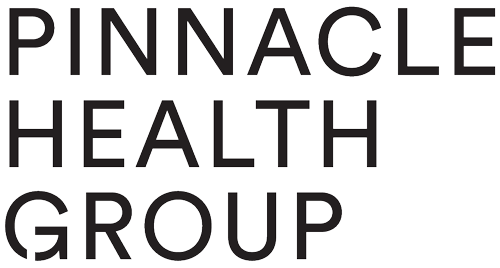With marathon season almost upon us, now is the time to do all you can to keep the wheels on and yourself healthy and injury-free until the big day. Learn from the professionals, the podiatrists at Pinnacle Health Group. Here are some key factors to focus on:
Stay Strong
To prevent any niggles becoming injuries at the crucial stage, it’s important you put a little time into staying strong. Introduce some full body strength work into your programme, whether that is weight based training or something like Clinical Pilates. At Pinnacle we also run a running specific Strength and Conditioning class at our ANZ Melbourne clinic.
Fuel
Pre- and post-workout fuel is absolutely crucial when it comes to performance in the lead up to and even on race day itself. As your mileage increases, you will need more calories, but it’s important to remember that not all calories are created equal. There is no perfect eating plan for everyone so knowing what to eat and when to eat it becomes critical. See our Dietitian Edwina for advice about what your body needs for your specific training, race and body type.
Sleep
Getting enough rest will allow your body to recover and repair itself, ready for the next day. Aim for at least 7.5 hours per night, avoid training less than 2 hours before bed, and avoid eating less than an hour before bed. Allow yourself time to wind down. No TV, gaming or scrolling through social media in the hour before lights out. Try reading a book or meditation instead.
Stretch
You’re tired, you’re short on time – we get it. The first thing that you’re likely to drop is stretching and recovery. Self massage using foam rollers, spiky balls etc. will help alleviate muscle soreness. For more persistent aches see a Massage Therapist or Myotherapist regularly. They are also trained in therapies such as dry needling or cupping, and can give you an exercise plan to do yourself at home. If you find it hard to motivate yourself, why not try squeezing in a yoga class?
Load Management
Poor load management, whether that’s increasing your mileage too rapidly, or not giving your body the required recovery time between training sessions causes the vast majority of running injuries. The generally accepted “safe” range for mileage increase is 10% per week. This can vary depending on a variety of factors, so book in for a running assessment and we can help guide you through a structured plan to ensure you make it to the start line in the best possible shape.
Mix It Up!
Reaching your goals should be fun! The training required to do so, however, can get monotonous and you may find yourself getting bored or struggling for motivation. The key to this is mixing up your training. Do a mix of road runs, trail runs, barefoot beach runs, short fast runs and then slow long runs, weight training, yoga, pilates, etc. Keep challenging yourself in different ways to keep your mind in the game. It will keep your progress fun and ensure you stay motivated. You need to want to get out of bed and lace up those runners in the morning; ultimately, this is how you smash your goals!
Running Assessment with a Podiatrist
We offer a 15-minute Running Assessment with a Podiatrist. Book this assessment for people who may have niggles, injuries, questions about training, shoes or just want some pointers on their running technique. Each session will include a medical and injury history, joint flexibility and strength testing, and running assessment on the treadmill. You will receive an email report with the findings and a plan for moving forward.
